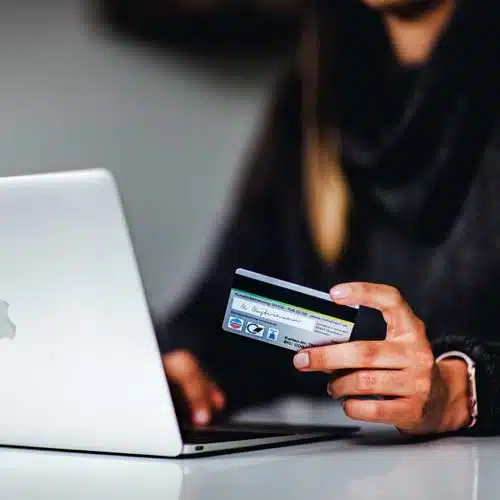Most U.S. consumers—53%—concerned about a possible fraudulent transaction on their credit card statements make the first inquiry with the issuing bank, not with the merchant.
That’s according to the newly released 2024 Cardholder Dispute Index released by Chargebacks911, a Clearwater, Fla.-based dispute-management company. Conducted in partnership with TSG, an Omaha, Neb.-based payments advisory firm, the report also found that 53.8% initiate a dispute by calling the issuing bank, followed by 40.7% using the bank’s mobile app.
Technically, consumers are asked to reach out to the merchant first to see if the issue can be resolved without the bank’s involvement. But 53% said they disputed a transaction without first contacting the merchant. The report canvassed more than 4,000 consumers.

One factor in why consumers start with their banks is that 72% consider disputing a charge with the bank to be a valid alternative to requesting a refund from a merchant.
There may be a further reason consumers start with their banks. Ninety-one percent say they trust the bank to correct any issues brought to their attention.
There’s little reason to predict that chargeback activity will taper off. Because most consumers—80%, according to the report—prefer to use credit or debit cards over other payment methods when shopping online, chargeback activity is expected to continue.
“While chargebacks were only intended for cases of fraud or merchant abuse, a large portion of consumers are okay disputing for any number of reasons, such as not recognizing the merchant’s billing description, or finding the merchant’s return process confusing,” the report says. “Whatever the reason, more than half of respondents admit to filing a dispute without contacting the merchant first.”





